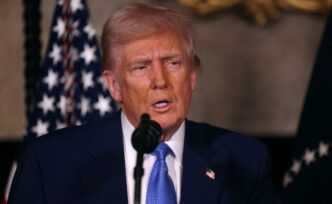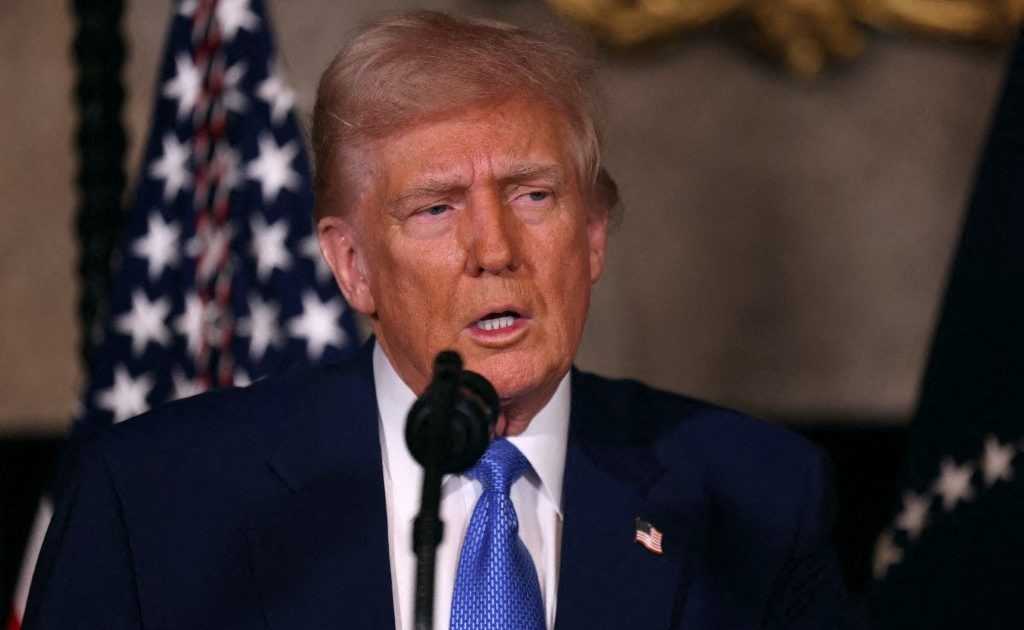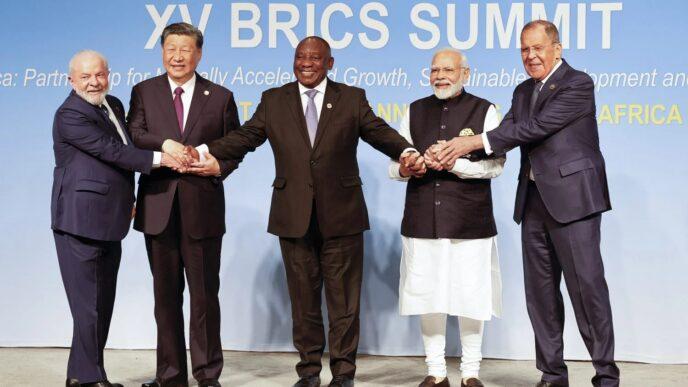In a controversial foreign policy shift, the Trump administration has announced plans to close nearly 30 U.S. embassies worldwide, with over half located in African nations. The proposed closures, part of a broader cost-cutting and geopolitical repositioning strategy, have sparked criticism from diplomats, international relations experts, and African leaders concerned about the long-term consequences for U.S.–Africa relations.
The affected missions are primarily in sub-Saharan Africa, including embassies in countries with strategic economic and security ties to Washington. Administration officials argue that the closures are intended to “streamline” operations and reallocate resources to regions deemed higher priority. However, critics warn that the move may severely weaken U.S. diplomatic presence in a continent already seeing increased influence from China, Russia, and the Gulf states.
Several African nations expressed disappointment, stating that the decision undermines decades of cooperation in areas such as health, education, counterterrorism, and trade. Analysts caution that diminishing U.S. visibility in Africa could backfire, isolating key partners and ceding ground to rival powers actively expanding their footprint across the continent.
The closures would affect embassy staff, visa services, development programs, and security coordination. Civil society organizations also fear the loss of vital cultural and educational exchange initiatives, including support for NGOs and human rights advocacy.
As the U.S. scales back its diplomatic reach, particularly across Africa, the decision raises urgent questions about America’s long-term engagement with a continent that is poised to shape the global future. Whether this move reflects a strategic pivot or a short-sighted retreat, its impact on African relations and global diplomacy will be closely watched in the months ahead.
In other news; Meet the Khumalos Brings South African Humor to Netflix














